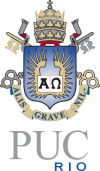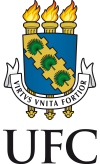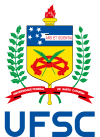
Fundação Getúlio Vargas
The original goal of the Fundação Getúlio Vargas (FGV), founded in 1944, was to train administrative staff for the public and private sectors in Brazil and to boost the country's socio-economic development. Later, the FGV expanded its field of activity and today offers courses in economics, business administration, public management and law in Rio de Janeiro and São Paulo. In addition to teaching, research is of particular importance to the FGV and today it is one of the top institutions in South America as a proven centre of excellence. The FGV-Rio has a cooperation agreement with the University of Münster dating from 2014, which resulted from research contacts between lawyers and economists from both institutions.
















